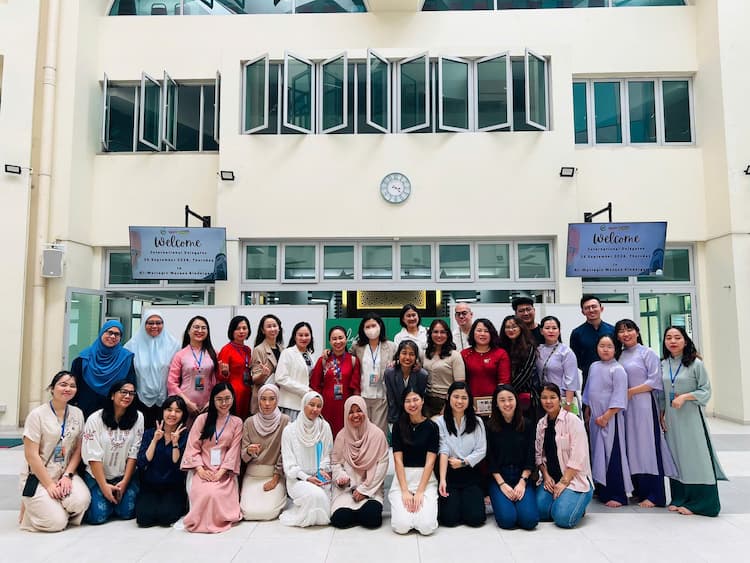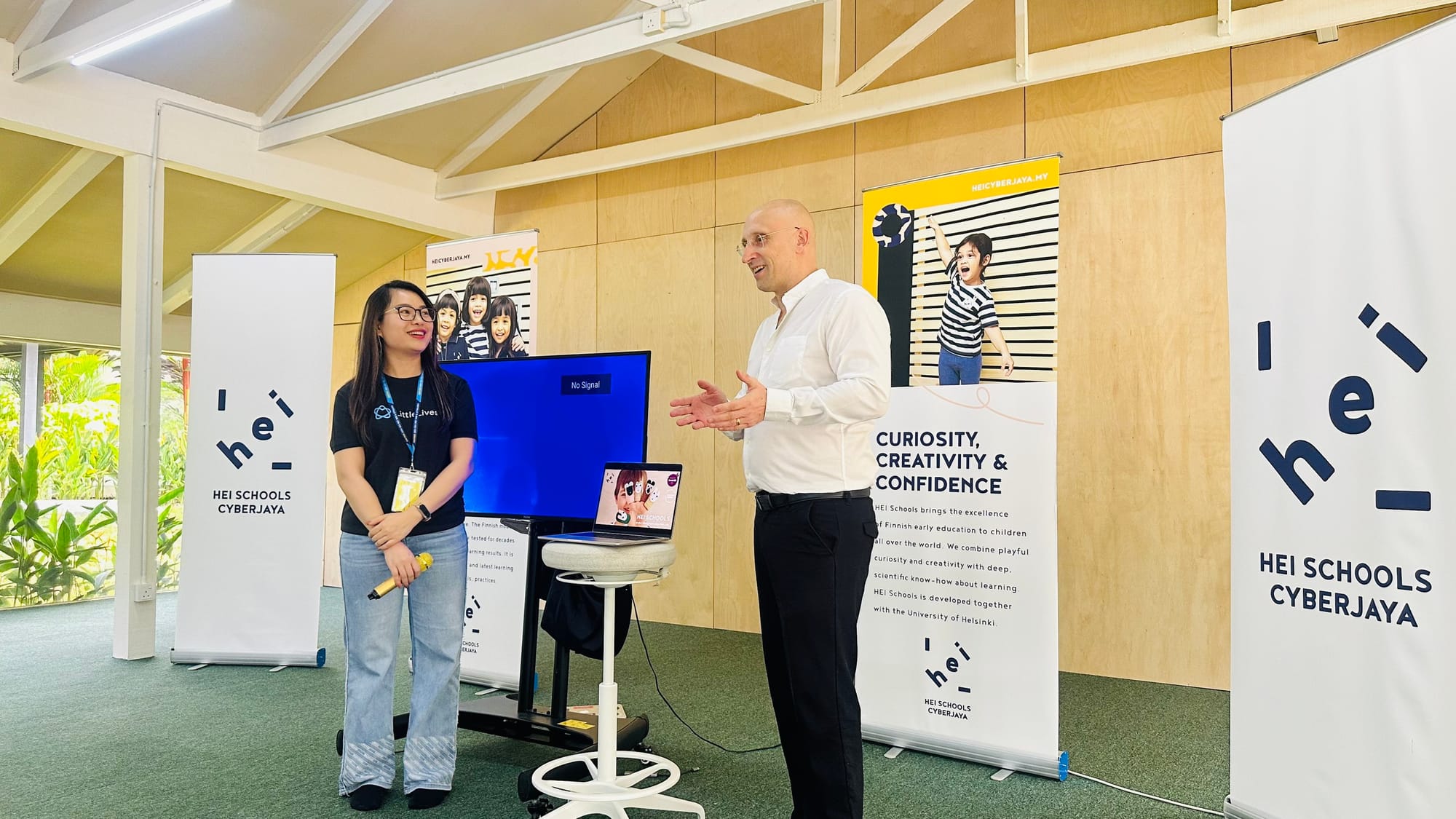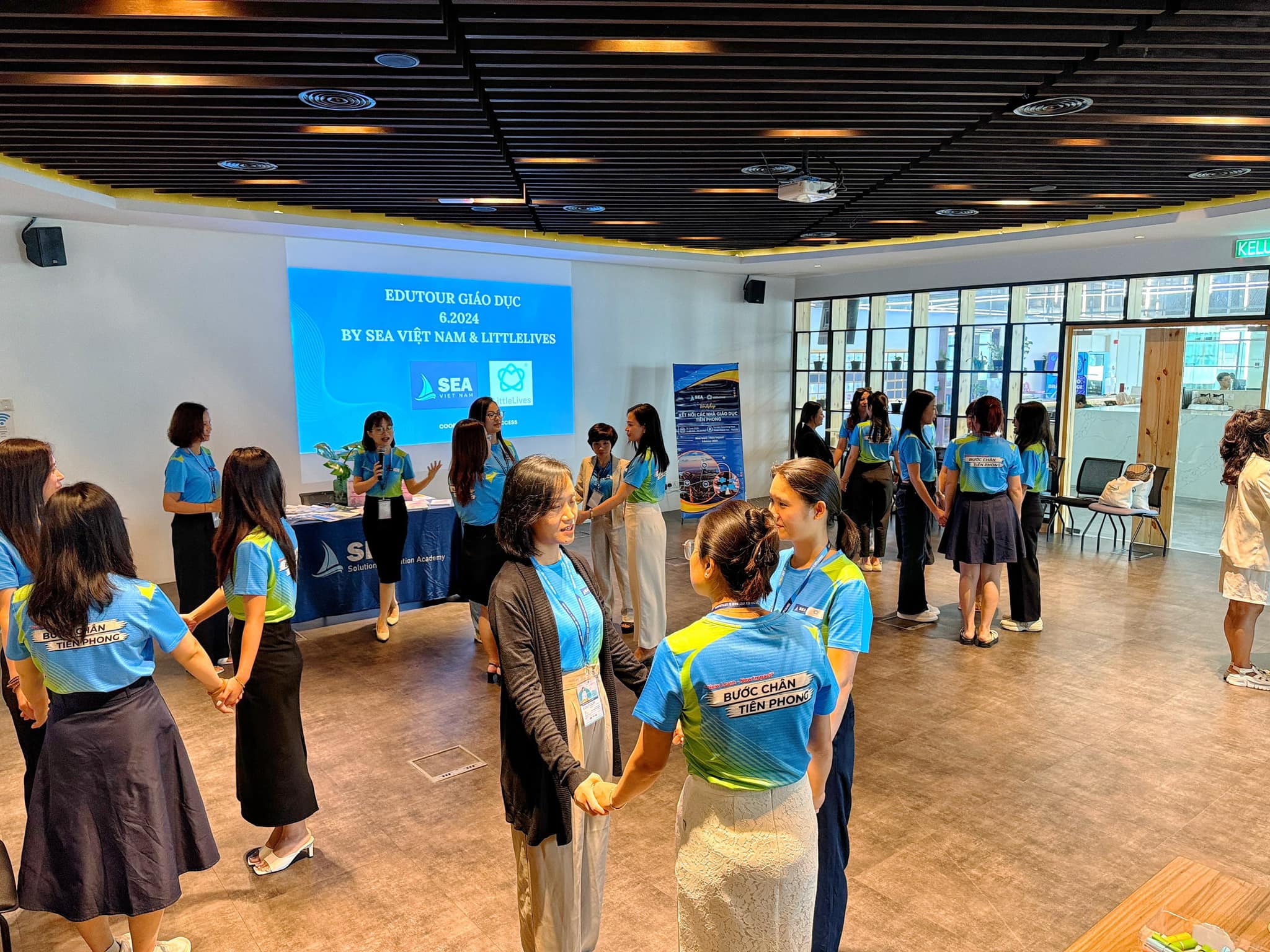一款帮助您顺畅运营、加强与家长联系,并腾出更多时间陪伴孩子的软件。
一个系统轻松管理整个学校。
预测、管理、跟踪,并提升咨询和出勤率。
让家长随时随地了解孩子的一天。
在一个平台上评估和考核员工表现。
选择合适的软件并不容易。但 LittleLives 不仅仅是软件,我们优先考虑您的独特需求。
这不仅仅关乎孩子的学习。获取我们为您、员工和家长提供的资源——完全免费。
我们与行业专家合作,为教育工作者和家长提供精心策划的内容和见解,激发他们的成长和关系。
终极学习中心:培训课程、播客、电子书等等! 通过我们精心策划的视频、播客、电子书和培训课程,探索知识世界
ECDA 与参与的中心合作,设计社区服务项目
通过活动、会议和社区进行全球联系! 参与不同社区、当地活动和全球会议,在全球范围内促进联系并建立持久关系。

Introduction
Study tours are transformative opportunities for educators and teachers, offering avenues for professional development, exposure to diverse teaching methodologies, and the chance to implement innovative practices in their classrooms. Choosing the right study tour is essential to make the most of these experiences. A well-selected program can spark inspiration, expand horizons, and leave a lasting impact on your teaching journey.

Here are five essential tips to help educators choose the most suitable study tour.
1. Align the Study Tour with Your Professional Goals
Before diving into study tour options, take time to define your professional development goals. Ask yourself what you hope to achieve. Are you looking to refine classroom management techniques? Explore innovative pedagogical approaches? Gain insights into diverse educational systems?
Choosing a study tour that resonates with your teaching subject or area of interest ensures the experience will be meaningful. For instance, a science teacher might prioritize tours focusing on STEM education, while a language teacher could benefit from programs emphasizing multilingual teaching strategies. By aligning the tour with your objectives, you’ll maximize its relevance to your career growth.
2. Evaluate the Tour’s Educational Value
Not all study tours are created equal. Look beyond the surface and assess the program’s educational content. Does it offer a structured curriculum, engaging workshops, or opportunities for hands-on learning?
Prioritize tours that include school visits, interactive sessions, and collaboration with international educators. These elements not only broaden your understanding of global teaching practices but also provide actionable insights to implement in your classroom. A high-quality study tour will leave you equipped with strategies and resources to enhance your teaching methods.

3. Research the Reputation of the OrganizersA study tour’s success often hinges on the credibility of its organizers. Choose programs run by reputable institutions or agencies with a proven track record in educational training.
Look for partnerships with established schools, universities, or education networks. Testimonials and reviews from past participants can offer valuable insights into the program’s quality and outcomes. A well-organized study tour ensures a seamless and enriching experience, so don’t hesitate to vet the organizers thoroughly.
4. Consider Logistics and PracticalityPractical considerations are crucial when selecting a study tour. Evaluate factors like the tour’s duration, locations, schedule, and cost. Does it fit within your budget and time constraints?
Additionally, consider the balance between learning sessions and cultural activities. While cultural immersion is an essential component, ensure that the program provides ample time for professional learning. If career advancement is a priority, look for tours that offer CPD (Continuing Professional Development) credits or certifications.
5. Look for Networking OpportunitiesOne of the most rewarding aspects of study tours is the opportunity to connect with fellow educators. Programs that encourage group discussions, collaborative projects, or networking events can help you build meaningful professional relationships.

These connections often lead to long-term collaboration, knowledge exchange, and continued growth beyond the tour. A program that fosters a strong sense of community among participants can amplify the impact of the experience on your teaching journey.
Conclusion
Choosing the right study tour is about aligning it with your professional goals, ensuring it offers educational value, researching the organizers, and considering logistics. Study tours should inspire, equip, and empower educators to bring fresh perspectives and effective strategies to their classrooms.
With careful selection, a study tour can be more than just a journey—it can be a pivotal moment in your teaching career, shaping the way you educate and inspire the next generation.

